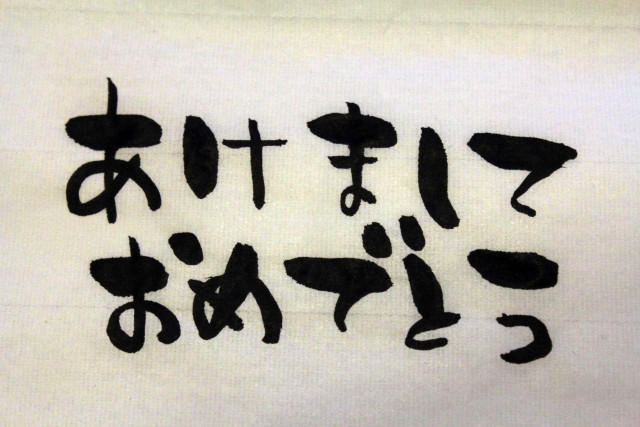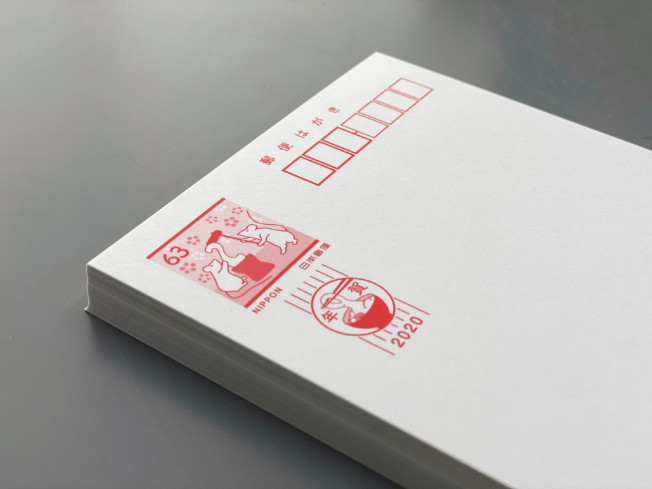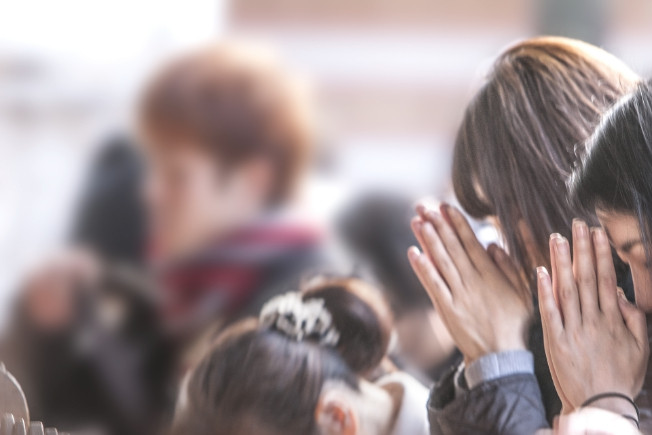Start the year right! There are a lot of ways to say your new year’s greetings and there are a lot of people to greet. Learn how to appropriately wish someone a new year and other things that may go with it in the Japanese language.
Importance of New Year’s Greetings
On New Year’s day, just like in any other country, Japan celebrates the start of the new year. It is the time of the year for the families not only to reflect on the past year but a chance to spend time together. Oshougatsu, or New Years, in Japan is not just the most important holiday, but also the oldest and one of the longest, where many Japanese view the entire month of January as a festive month.
Japanese people have their own traditions and greeting practices to wish everyone a very good new year. It is important to know what kind of greeting to give during the new year. For example, it is common in Japan to acknowledge the goodwill you have with an acquaintance for the past year and wish for the same or a better relationship with them this new year. It is also common to greet your friends and colleagues and wish them prosperity and good health for the year.
Writer's Pick
Ways to say Happy New Year in Japanese

Here are some ways to express your greetings to someone:
-
“良いお年をお迎えください (yoi otoshi o omukae kudasai)” is a formal way to wish someone a happy new year until 31st December only. It's commonly shortened to “よいお年を (yoi otoshi o)” if you want it to be casual. We can also say the phrase "また来年 (mata rainen)" to mean “see you next year”.
-
When you meet someone for the first time in the new year, be sure to greet them with, “明けましておめでとうございます。(Akemashite omedetō gozaimasu!)” which is a more formal way of saying Happy New Year in Japanese. Remember to only use this from January 1st onwards. If it is someone you already know, you can omit the word “gozaimasu” to make it less formal. It is a recent trend from among young people to say “あけおめ。ことよろ。 (akeome koto yoro)”. Use this with friends as well and people that you know well. The shortened akeome (明けおめ) means "Happy New Year” and koto yoro (ことよろ) means "Please treat me well this year, too."
-
To acknowledge someone’s hard work or when wishing a Happy New Year, you’ll also say 去年はお世話になりました。(Kyonen wa osewaninarimashita) which can be translated as “Thank you for what you have done for me last year”. When following new year wishes, the phrase “今年もよろしくお願いします (Kotoshimoto yoroshiku onegaishimasu)!“ calls for a good relationship or looking forward to your help this year as well. For most Japanese, this custom greeting is mostly used when you are around your colleagues or clients.

-
To say Happy New Year on 年賀状 (nengajo), the Japanese New Year’s card, you can use the phrase “年始のご挨拶を申し上げます。(Nenshi no go aisatsu o moshiagemasu)” which means New Year’s greetings. And the word 謹賀新年 (kinga shinnen) means ‘Happy New Year’ too but it’s a written form so you’ll only see it on nengajo. It is also common to wish everyone good health by writing "皆様のご健康をお祈り申し上げます。 (Minasama no gokenkou o oinori moushiagemasu.)”
-
To greet someone belated Happy New Year – simply say “ご挨拶が遅れましたが、明けましておめでとうございます。 本年もどうぞよろしくお願いいたします (Go aisatsu ga okure mashita ga akemashite omedetou gozaimasu. Honnen mo douzo yoroshiku onegai itashimasu.)” which means “I am late to say my greetings, but Happy New Year. I hope to be in your favor this year as well.”
Other words or phrases associated with New Year

New Year’s Day is generally celebrated with different customs and traditions. Celebrations usually begin with the first sunrise of the year. Families and friends visit a shrine to ask for blessings. Rice cakes symbolize longevity so it is a staple during New Year’s celebration.
Here are some words also associated with the New Year in Japan:
-
New Year’s Day (元日 Ganjitsu) - On the Gregorian calendar, this falls on the 1st of January. On this day, different traditions and practices are done such as visiting a shrine, a practice called 初詣 hatsumoude, and eating rice cakes.
-
Countdown - As everyone anticipates the coming of a new year, this is done by usually counting backwards until the clock strikes midnight. Many New Year’s programs will be playing on TV, so families often stay up to watch them together.
-
Fireworks - 新春花火 (shinshun hanabi or New Year's Fireworks) also would not be amiss in the celebration since they are popular for celebrating the start of the new year with loud noises and colorful displays! Fireworks also are believed to be set off to scare the evil spirits away. Odori or dancing when the clock strikes midnight is also a form of celebration in Japan to set the mood for good expectations for the year.
-
Toasts (non-traditional) - As the clock strikes midnight, people may hold their glasses to toast to a glass of champagne, saying “kanpai”, the Japanese word for "Cheers!" and “Happy New Year”, raising their glass to drink with others. While toasting with champagne is not the traditional way to celebrate New Year’s in Japan as it's mostly spent with family members in people's hometowns, it is how some people, especially those who live in the city, choose to celebrate the ending of a year and the beginning of a new one.
Summary
New Year’s greetings must not be missed and it is important to learn the proper way to address your friends, families, neighbors, superiors, and workmates so you could express your wishes to them. It is a common practice in Japan to acknowledge everyone around who has helped them during the year and wish them more good will for the coming year so it's important to learn when it comes to celebrating the new year in Japan.
































